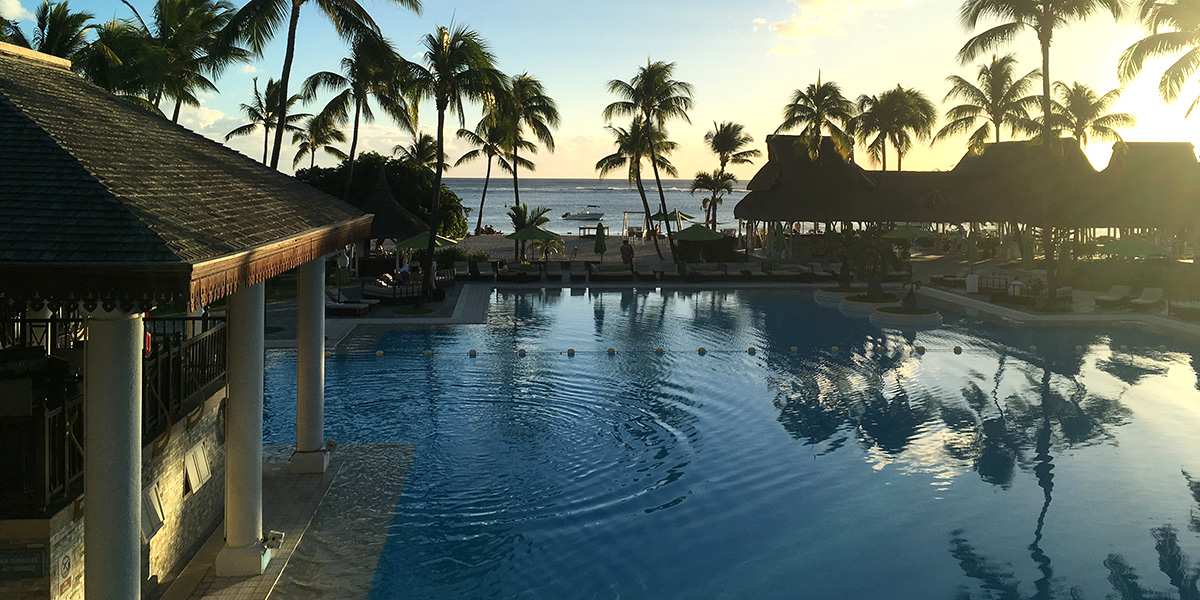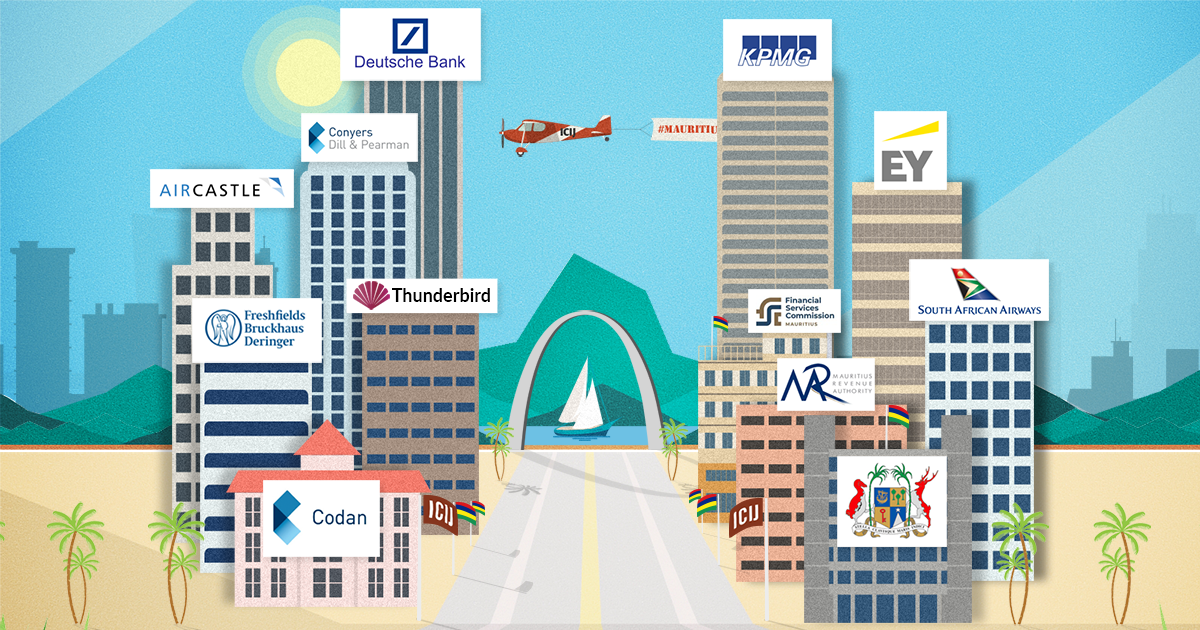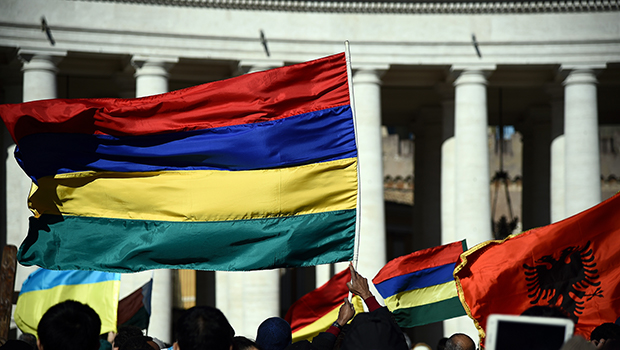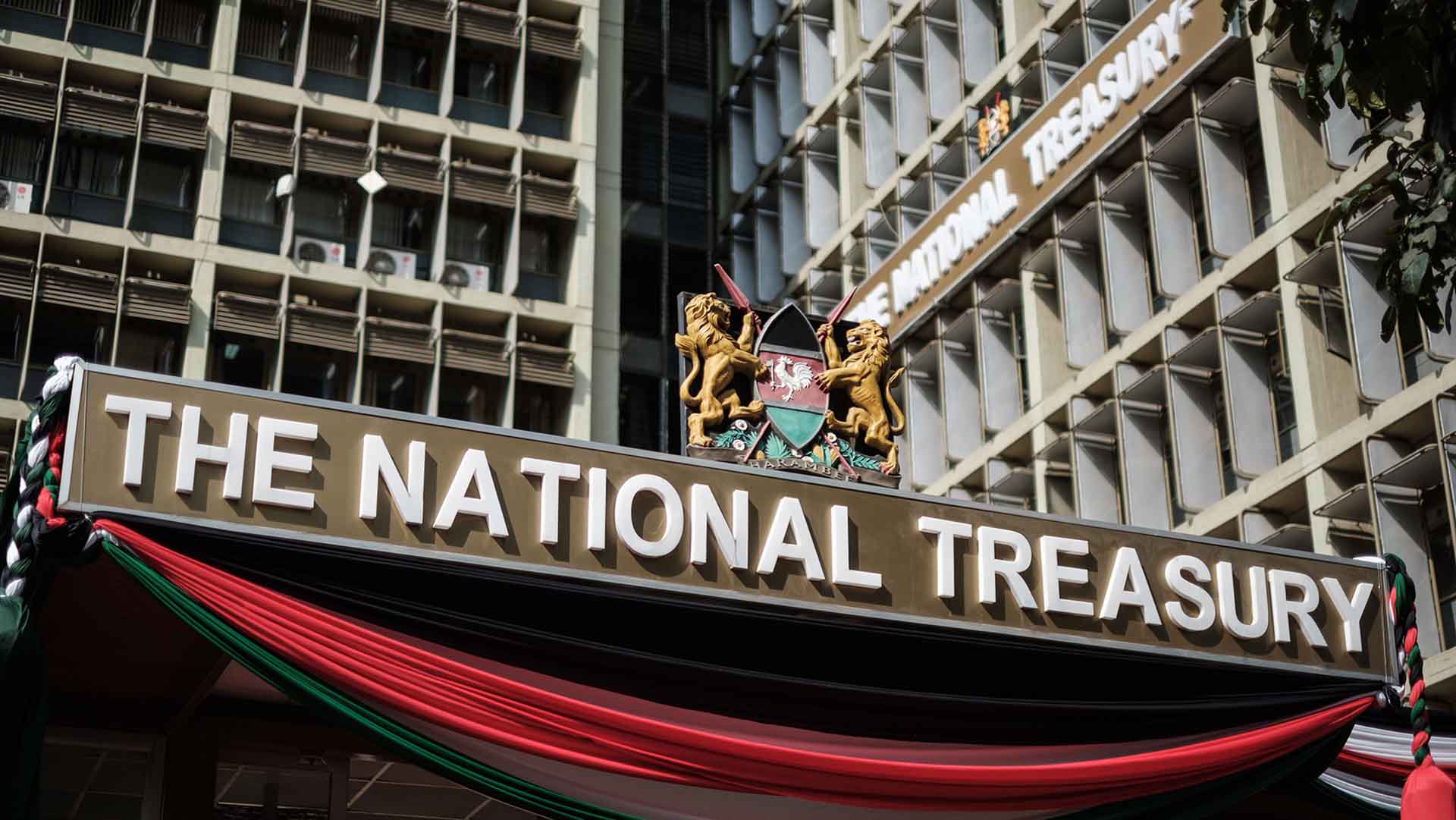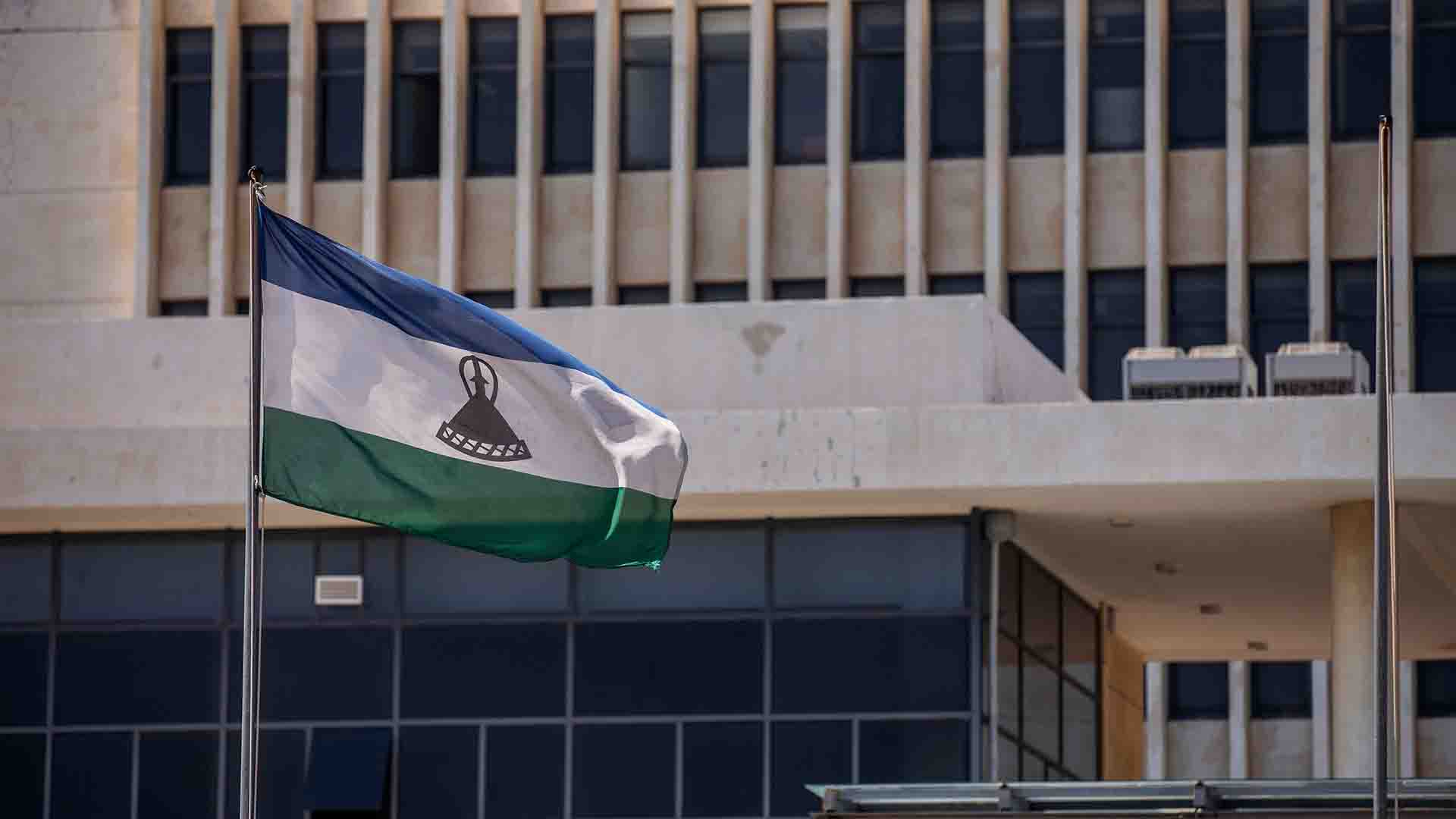In October 2009, scores of lawyers gathered at the posh Sofitel Mauritius L’Imperial hotel, within splashing distance of the island’s shoreline, for the launch party of a new boutique law firm: Conyers Dill & Pearman.
Mauritius Attorney General Jayarama Valayden was there, among the nearly 100 guests who joined Conyers’ Chairman John Collis and other senior partners from the firm’s headquarters in Bermuda.
For Western corporate giants eyeing business in Africa, Asia and the Middle East, the arrival of Conyers – an offshore specialist with a presence in the Cayman Islands, the British Virgin Islands and Hong Kong, as well as Bermuda – was welcome news. The rising tax haven had a new player.
A decade later, Conyers had become a major player in Mauritius and the source of more than 200,000 emails, contracts, bank statements and other documents. Those documents form the basis of Mauritius Leaks, a new investigation by the International Consortium of Investigative Journalists.
The investigation reveals how multinational corporations took advantage of some of the world’s poorest countries, especially in Africa, extracting profits and avoiding taxes through the use of shell companies in Mauritius.
“Identifying and describing the work done by enablers — lawyers, formation agents, corporate service providers, trust companies, accountants, offshore bankers — in Mauritius is very valuable,” said Elise Bean, former chief counsel to a U.S. Senate investigative committee that produced a 2006 report titled “Tax haven abuses: the enablers, tools and secrecy.”
“It enables outsiders to gain an understanding of the persons and firms active in the country.”
Conyers had come a long way from its founding by Reginald Conyers in 1928, the year before the onset of the Great Depression.
A father of today’s offshore industry, Conyers was short, gruff and fond of the hogfish caught in Bermuda’s shallow waters, according to “Conyers Dill & Pearman: A History,” a 1998 book written by the firm’s official historian.
Conyers was a speaker of the Bermuda Parliament’s lower house, serving so long in the assembly in his wig and robe that he became known as “the Father of the House.” Queen Elizabeth II knighted Conyers in 1944 for “public services to Bermuda.”
It was due in part to Conyers’ influence that Bermuda introduced the world’s first offshore entities, known as “exempted companies.” This special status allowed for foreign ownership of companies incorporated in Bermuda to do business outside the island.
“The importance of Conyers’ … revolutionary thinking to Bermuda, to international finance, and indeed to the world, cannot be overstated,” according to the book, authored by Bermudan writer Roger Crombie.
Conyers joined forces with prominent Bermudan lawyers Bayard Dill and James Pearman. (Pearman later married a daughter of Maj. Reginald Appleby, whose eponymous law firm was the source of documents that provided the basis for ICIJ’s 2017 Paradise Papers investigation.)
In the 1950s, Pearman and Dill met with U.S. President Dwight D. Eisenhower during an official visit to Bermuda. Years later, Pearman’s son Richard, who had joined the Conyers law firm as a partner, was a member of a delegation of young business executives that rode a green London double-decker bus through the streets of Washington, D.C., to meet President Ronald Reagan.
The 2009 expansion to Mauritius provided the Conyers firm a beachhead in a booming gateway to Africa and Asia.
“Rapidly growing investment out of India and many African states is a primary factor behind Conyers Dill & Pearman’s establishment of a new office in Mauritius,” according to a Conyers press release several months before the Sofitel L’Imperial gala.
In an email to colleagues under the subject line, “Competitor news: CD&P,” Michael Burns, a partner at offshore rival Appleby simply wrote: “Wow!”
Conyers in Mauritius was always small; a 2013 email reminding employees that they were not to spend “disproportionate amounts of time socialising” was sent to just nine people.
Yet from its nondescript office on the third floor of a multicolored skyscraper, Conyers in Mauritius compiled an A-list group of clients. Shell companies were set up for a basic fee of $3,620 each, and Conyers advised on asset sales, mergers, acquisitions, and financing, according to documents.
Abu Dhabi’s sovereign wealth fund manager used the Conyers Mauritius office for a $155 million deal in Indian green energy, according to a list of confidential clients submitted by Conyers to industry-ranking guide Chambers & Partners.
Other confidential clients included Malaysia’s largest electricity utility and New Forests Co., a British timber producer with “high-profile” owners and plantations in East Africa. Conyers celebrated its work for the latter as a “complex restructure [that] epitomises the use of the Mauritius holding company for valuable Africa-related assets,” according to the confidential list.

In 2017, three Conyers directors, Sameer Tegally, Ashvan Luckraz and Sonia Xavier, bought Conyers’ Mauritius operation. The trio, who were also lawyers at Conyers, now operate Venture Law Ltd. and Venture Corporate Services out of the same third-floor office, and they represent Conyers on the island, according to a communique sent to clients and other records.
The directors sought advice from a local accounting firm on how to reduce taxes paid in Mauritius on the purchase of Conyers, according to a draft document. The sale could be done to produce neither a gain nor a loss, accountants at Mazars wrote, which would help the company avoid taxes. Mazars said it could not comment due to client confidentiality.
Conyers agreed to cover Venture Law’s operational expenses for 18 months after the sale, according to a draft agreement.
Tegally, Luckraz and Xavier deflected questions related to Conyers, saying Venture Law has no association with their old firm.
“We are regulated by the laws of Mauritius and comply with all legal, regulatory and professional standards of the jurisdiction,” Venture Law said in an email to ICIJ. “We are legally bound by the rules of confidentiality with respect to our clients.”
Conyers told ICIJ that it was “no longer affiliated with Venture Law” and that “Conyers strictly adheres to the laws of all the jurisdictions in which we operate and is routinely reviewed by regulatory authorities and external auditors.”
When ICIJ and media partner L’Express knocked on the front door of Venture Law’s office in June 2019, the name of the previous tenant still hung there: Conyers.
